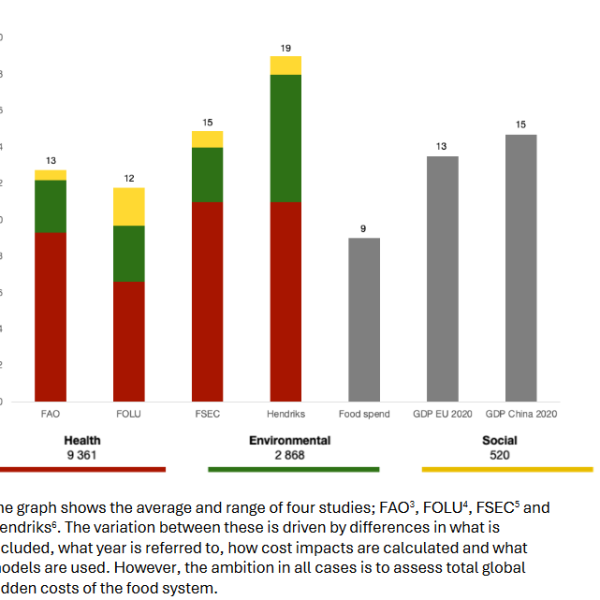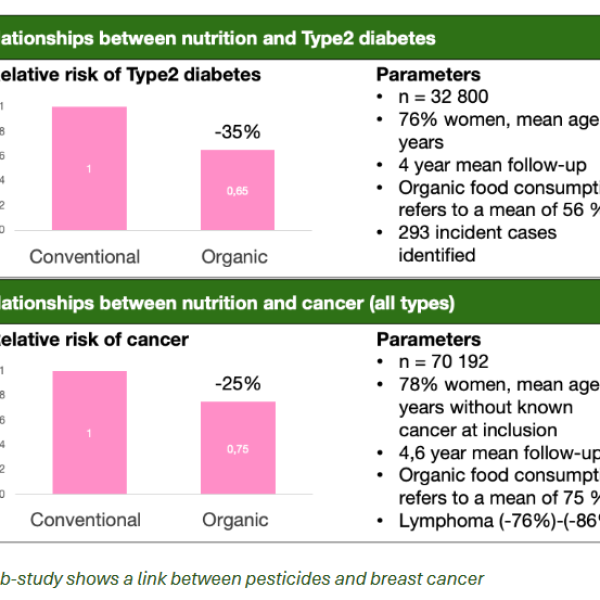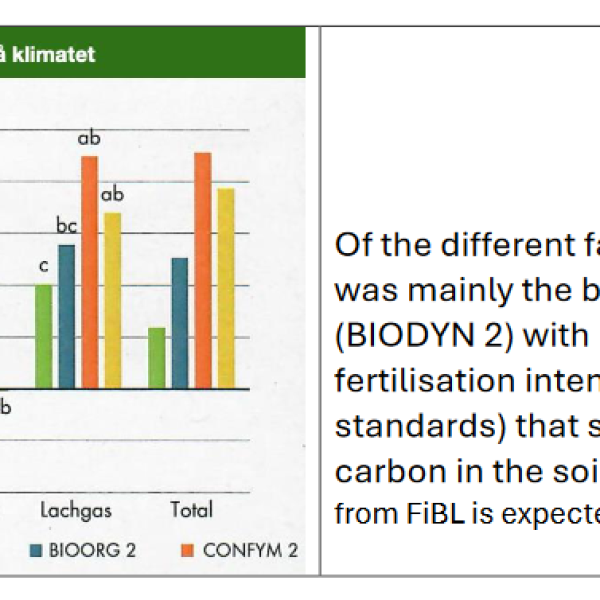This concept aims to transform the way the actual environmental impact of food production is measured by calculating the carbon footprint and considering all relevant ecological factors.
The goal is to create an implementation plan for the tool to the target group and by this, achieve a more sustainable food pro-duction and more sustainable products and consumption. By obtaining accurate data on the full range of impacts and identi-fying opportunities, individuals and businesses are enabled to make informed decisions for sustainable food production and consumption.
Environmentals labelling could be a tool for promoting local food and local production. Food security is a very important topic nowadays and local food production is a way to secure food supply also in situations of crisis. Besides consumers, environmen-tal labelling and securing local food supply could be useful to realise which organisations acquire bigger quantities of food. Calculating or labelling environmental effects and locality on a smaller scale for buyers of organisations could also be benefi-cial. Important is that the concept can provide the data both for internal and external communication. It should be easy to ac-cess and be user-friendly.
How to do it
Suggested actions
- Assess environmental impact of food production in the target areas.
- Identify areas for improvement in sustainability practices.
- Understand local needs and challenges.
- Develop and implement a sustainability tool for assessing food product sustainability.
- Communicate food product provenance and sustainability to consumers.
- Support sustainable public procurement for municipality’s public meals.
- Increase acceptance and awareness of sustainable food choices.
- Continuously monitor and improve sustainability efforts.
Local adaptations
Satakunta, Finland
In Satakunta, Prizztech will assess the current situation in their Associated Organizations regarding the environmen-tal impact of food production. This involves gathering data and evaluating the existing practices, identifying areas for improvement, and understanding the specific needs and challenges of the local context.
Södertälje, Sweden
Södertalje will pilot the Consupedia tool to assess and track the sustainability of food products and develop communi-cation about provenance of food products toward their diners/guests. This will support their public procurement, to get transparency about food purchased for the municipality’s public meals from all sustainability dimensions. This in-formation is needed to support choices they need to make regarding what to purchase and provide them with data to communicate what different food choices entail etc. to increase acceptance for the public meals and what is served.
KISMET Actions & Tools
Data collection methods for labels (Satakunta)
This Action&Tool is still under construction. Coming soon.
True Cost Accounting / hidden costs of food and a calculation of example menus (Södertälje)
Opening the pathway to the next phase of organic
Did you know that the price we pay at the checkout doesn’t cover the real costs of our food? Beyond the sticker price, society pays for the hidden impacts on health, climate, and the environment. Recent research on True Cost Accounting published by Hertwig et al. shows that organic farming can reduce these “hidden costs” far more ef-fectively than conventional farming, which depends heavily on synthetic chemicals and pesticides. True Cost Ac-counting (TCA) is a new approach to understanding these impacts holistically, assigning value not just in financial terms but also in ways that reflect the intrinsic worth of nature and animal welfare.
Related knowledge
Consupedia – A more transparent and sustainable world
A Swedish company that assists in making sustainable decisions in the food industry through digital tools connected to its extensive database. The company helps producers, wholesalers, retailers, and municipalities in assessing sus-tainability, offering more sustainable choices, and improving their procurement and purchasing practices.







